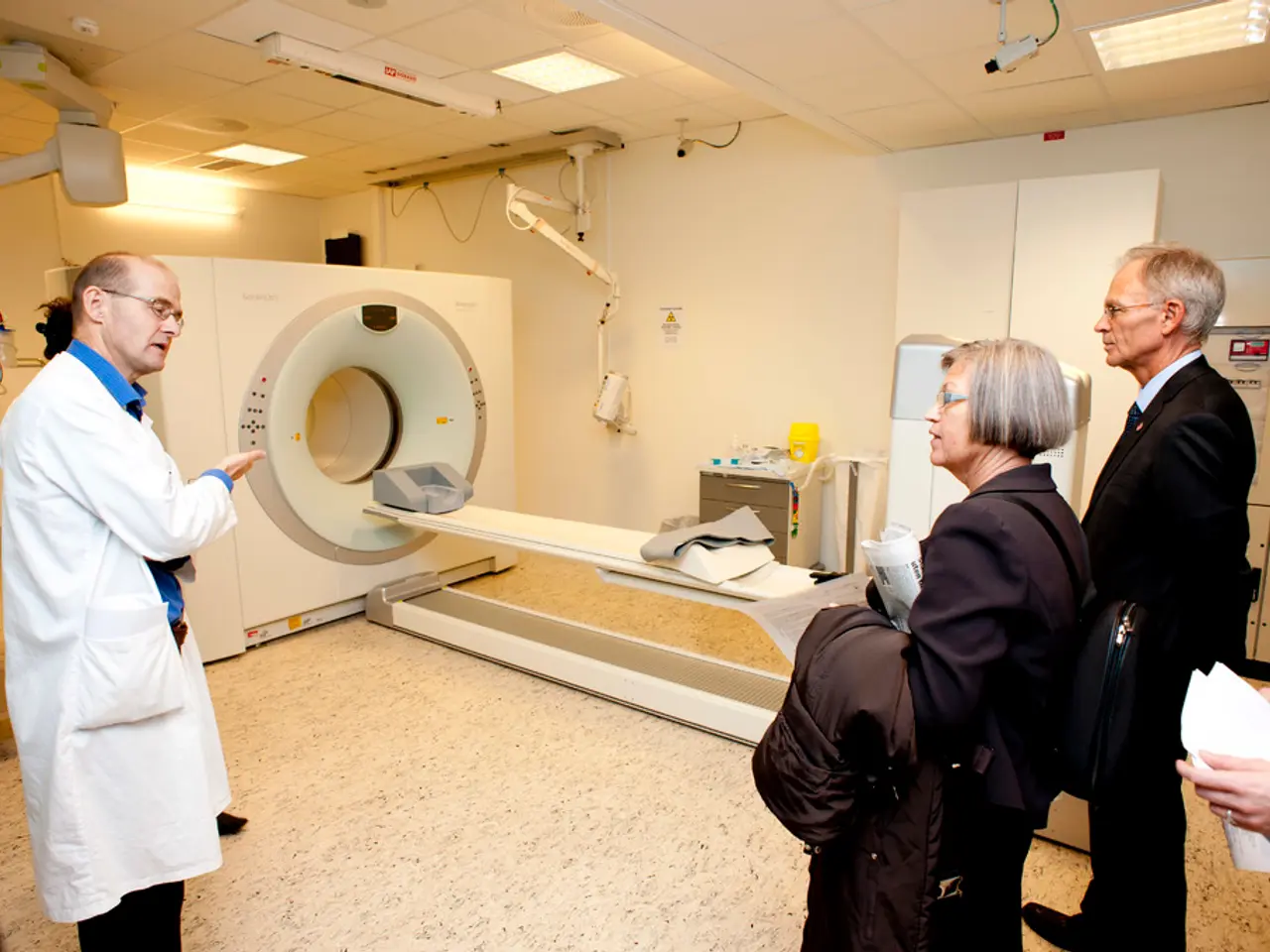Research Highlight: Erin Bojanek, PhD, BS ('14) - Achievements and Background
In the Frederick J. and Marion A. Schindler Cognitive Neurophysiology Lab at the University of Rochester, Erin Bojanek is making strides in understanding how individuals with autism spectrum disorder (ASD) process visual information differently compared to neurotypical individuals.
Bojanek, who holds a PhD in Clinical Child Psychology from the University of Kansas, traces her passion for autism research back to her undergraduate training, where her mentor, Tris Smith, PhD, was a pioneer in the field. Smith had a significant impact on Bojanek's decision to study autism.
Bojanek's current research focuses on sensory processing differences in ASD. Her study aims to determine whether autistic children focus more on individual segments rather than the complete picture when it comes to visual perception. This research could shed light on the cognitive and neural bases of autism, potentially informing interventions that better accommodate or support the unique sensory experiences of people on the spectrum.
Laura Silverman, PhD, and Heather Adams, PhD, serve as clinical supervisors for Bojanek, playing a crucial role in helping her integrate her clinical work with her research. John Foxe, PhD, and Edward Freedman, PhD, are colleagues who have taught Bojanek new techniques and allowed her to ask different questions in her research.
Bojanek's research methods involve employing neurophysiological methods, such as EEG or other brain imaging techniques, to measure brain responses to visual stimuli. By comparing these neural responses between those with ASD and typically developing individuals, she aims to identify atypical patterns of visual processing that may contribute to the sensory sensitivities and perceptual differences frequently observed in autism.
This academic medical center, which is also an Intellectual and Developmental Disabilities Research Center (IDDRC), provides a rich environment for Bojanek's research. Bojanek is not only an instructor in the lab but is also pursuing her clinical psychology license and gaining expertise in autism diagnostic assessments.
Bojanek's interest in working with kids was influenced by her mom, who was a special education teacher. This personal connection, combined with her academic background and research expertise, positions Bojanek well to continue a career with a focus on research while maintaining a clinical component, ultimately aiming to improve the lives of individuals with autism.
- Erin Bojanek's research in the Schindler Cognitive Neurophysiology Lab, focusing on sensory processing differences in autism, might lead to insights on mental health, as she investigates the unique visual perception of autistic children and potential neurological disorders associated with it.
- Bojanek's clinical work and research on autism spectrum disorder (ASD) in the University of Rochester's medical-health and wellness context, with guidance from her mentors and peers, aim to identify future interventions that cater to the health and wellness of those on the spectrum, including their mental health and neurological disorders.




